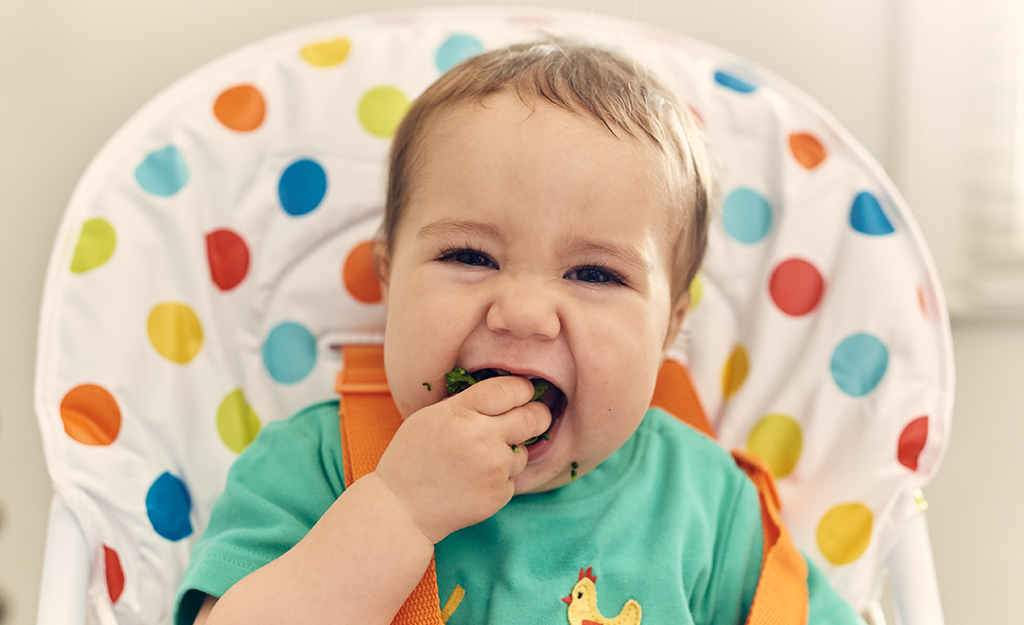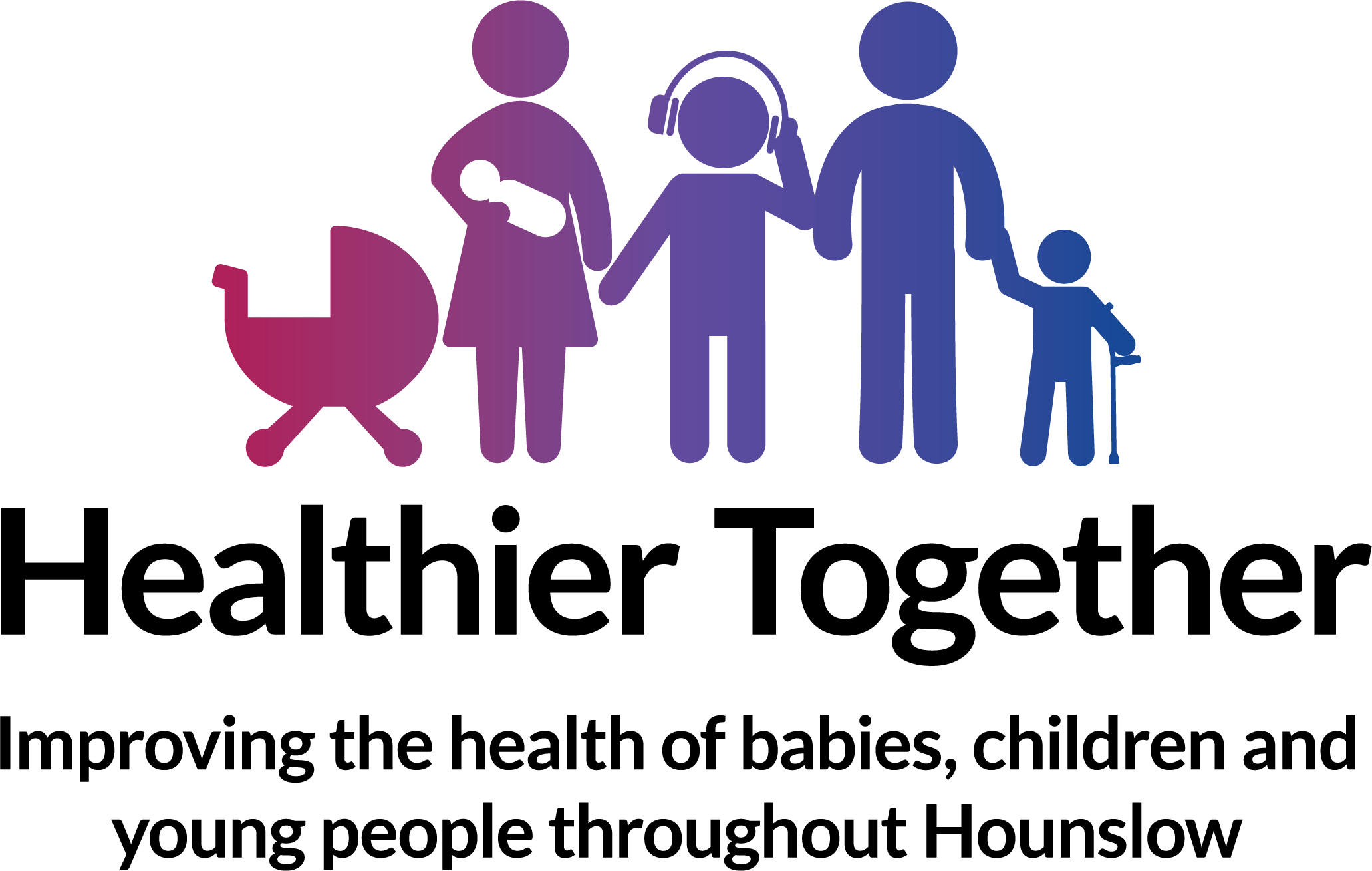Hand skills
As your child strengthens their fine motor muscles, they will start to do more things by themselves.
Hand and finger skills include your child's ability to grasp, pick up and transfer objects, point, draw, write, get dressed and use cutlery.
The development of these skills also requires good vision, so these skills are considered together. Please also see section on 'Vision'

What should my child be doing?
The typical sequence of developing these skills is as follows with average ages:
- 4 months - reaching out for toys
- 6 months - grasps toys using the whole palm of their hand
- 7 months - transferring toys from one hand to another
- 10 months - picking up objects using thumb and first finger (pincer grip)
- 18 months - makes marks with a crayon
- 18 months to 4 years - building towers with blocks (tower of 3 around 18 months, to more than 6 after 2 years).
- 2 to 5 years - able to copy and draw more complicated shapes (start lines, circles, cross, then square and triangle).
Note: there is a range of normal ages at which children may acquire these skills but, this is only a rough guide and all children develop at a different rate.
Please see the following section on when you should be concerned.
How can I help my child?
Provide your child with a range of age appropriate toys or objects such as blocks, crayons, puzzles or cardboard boxes e.g. an empty cereal box. You could ask at your local library if they have any age appropriate toys you could borrow.
Some ideas:
- encourage them to reach for toys
- try toys that are fun to grab, shake, squeeze, poke and bash
- explore touch and feel books
- encourage them place items e.g. soft toys into a box or bag and take them out again
- offer finger food at meal times
- teach your baby some nursery rhymes with actions e.g. wind the bobbin up
- build towers, stack blocks, use shape sorters
- playdough
- drawing, painting and messy play
- thread large beads or pasta onto string
- teach them to use cutlery
- support them to dress themselves doing their own buttons, zips and velcro
This will encourage your child to use their hands - to reach for toys, hold them, pass them from hand to hand and play and use them.
Top Tip
The more they use their hands in different ways, the stronger they will get.
Children should not become obviously right or left handed until they are older than 18 months.
Speak to your GP or Health Visitor if your child:
- Is under 18 months old and is not using both hands equally
- Your baby seems unable to see properly and follow objects with their eyes by 3 months
- Cannot reach for objects by 6 months
- Cannot pass toys from one hand to another by 8 months
- Cannot use a pincer grip (first finger and thumb) to pick up small objects by 12 months
Top Tip
If they’re finding small movements tricky, keep practicing big movements like rolling, stretching, throwing a ball.
Where can I get some help?
This link below is a useful resource of fun ways to play and learn while working on fine motor skills. Most activities here are easy prep and use recycled materials or items you might find around the home.
The OT's Guide to Fine Motor Skills - The OT Toolbox
See also Hounslow Occupational Therapy page Children’s occupational therapy (OT) :: West London NHS Trust
What is paediatric occupational therapy?
Children’s occupational therapists (OTs) work with babies, preschool and school aged children who have physical, developmental or sensory difficulties, to help them with skills that they need to succeed in everyday life.
This may include:
- Self-care tasks, such as getting dressed, bathing, brushing teeth, using the toilet, using cutlery and eating meals.
- School skills such as sitting at the table, organising belongings, handwriting, using scissors, focusing.
- Play skills, including developmental play, ball skills, messy play.
- Play Skills including ball games, sensory play, using hands and fingers appropriately to operate toys such as twisting or pushing buttons, using play equipment, like in park playgrounds (climbing, balancing etc.)
- Sensory processing skills, such as responding to information received by the senses (e.g. loud noises, bright lights, different textures)
Not only does occupational therapy help with general issues such as the ones listed above, they are also able to help with more specific conditions such as:
- Autism
- Physical disabilities such as cerebral palsy, genetic syndromes
- Developmental Coordination Disorder/Dyspraxia
See below leaflet for a chance to meet an occupational therapist at one of Hounslow's Family Hubs

If you are worried about your child’s progress please speak to your Health Visitor or GP.
The sooner you talk to someone, the sooner you can get help for you and your child.
Helpful links


